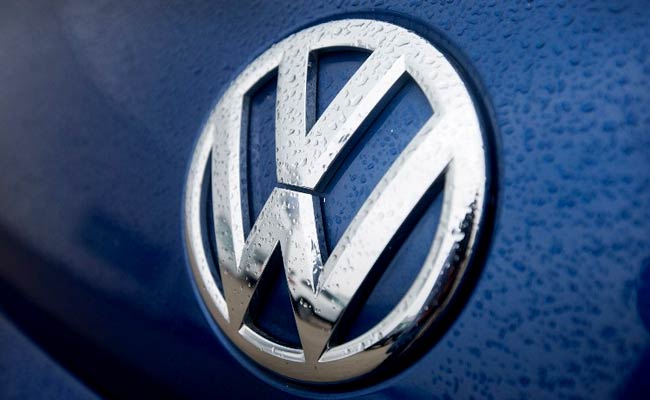Volkswagen investors required reforms and questioned executive bonuses after the automaker confessed to criminal offenses in rigging U.S. emissions tests and U.S. prosecutors prosecuted 6 existing and previous managers over the scandal.
The automaker accepted to pay $4.3 billion in civil and criminal fines in a settlement with the United States Department of Justice on Wednesday, the biggest ever U.S. charge imposed on a car manufacturer.
Volkswagen confessed about 40 workers at its Volkswagen and Audi brand erased thousands of files in an effort to hide from U.S. authorities the organized use of so-called defeat devices to rig diesel emissions tests, a scale of misbehavior that led some investors to require deep reforms.
“For senior management to get any bonuses in 2017, we would now anticipate Volkswagen to provide a significant enhancement in profits,” stated Ben Walker, partner at activist hedge fund TCI, which in 2016 openly slammed “corporate excess on an impressive scale” at the automaker.
“Seventeen billion euros of EBIT (incomes before interest and tax) ought to be the minimum quantity for any bonus to be gotten by executive management. Below that, no bonus offer,” he wrote in an e-mail, noting Volkswagen’s admissions of regret in the Department of Justice settlement did not encompass any board-level supervisors.
Volkswagen anticipated an operating margin of 5-6 percent on anticipated sales of around 213 billion euros ($227 billion) for last year, suggesting EBIT of around 10.6-12.8 billion euros ($11.28 billion – $13.62 billion).
It has saved over 18 billion euros ($19.16 billion) to cover the expense of the diesel scandal, a figure it is anticipated to raise due to the Department of Justice deal.


